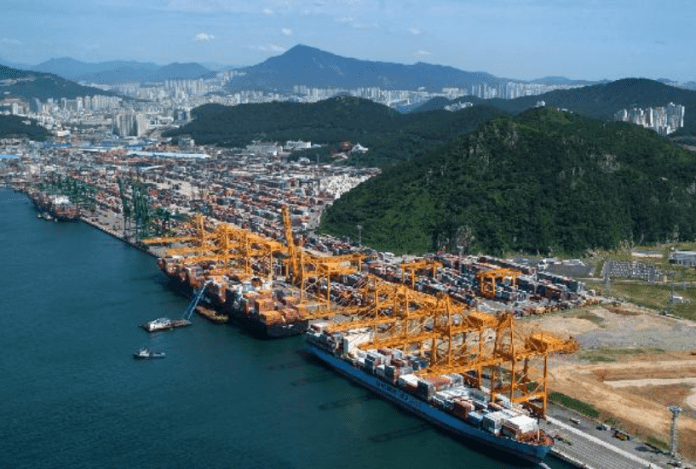Goods have started moving in South Korea again today (15 June), after more than 20,000 unionised truckers ended their eight-day strike.
The industrial action stopped after the truckers’ union, Cargo Truckers Solidarity, under the wing of the Korean Confederation of Trade Unions, obtained an agreement from the Ministry of Land, Infrastructure and Transport (MOLIT) to prolong the Safe Trucking Freight Rates System beyond December.
The agreement came after the fifth round of negotiations at an inland container depot in Uiwang in Gyeonggi province.
The freight system was introduced for a three-year period in 2020 to ensure truckers had minimum wages and to prevent dangerous driving and overwork. While the system was supposed to lapse in December, the truckers wanted it to continue to manage rising fuel costs.
MOLIT said the findings of the system’s benefits will be submitted to the National Assembly to debate whether the system should be made permanent.
Other measures being considered are increasing fuel subsidies and extending the system to cover vehicles carrying other cargo types, besides containers and cement.
Land, Infrastructure and Transport minister, Won Hee-ryong said, “I hope that all truck drivers who have participated in the industrial action will return to work as soon as possible and work hard to normalise logistics.”
Not everyone supports the move to extend the Safe Trucking Freight Rates System.
Korea International Trade Association, representing importers and exporters, opined that the system is a one-sided burden on cargo owners, even as it expressed relief at the strike ending.
KITA said, “Continued promotion of the safe freight system doesn’t take market functions into account and will reduce domestic production and weaken international competitiveness.”
The Ministry of Trade, Industry and Energy said that the automobile, steel, petrochemical and cement industries reported damage of around US$1.23 billion resulting from the failure of goods to be delivered.
South Korea’s busiest container port, Busan, saw volumes plummet to a quarter of usual levels during the strike, while Incheon’s throughput fell by around 20%.
Martina Li
Asia Correspondent







